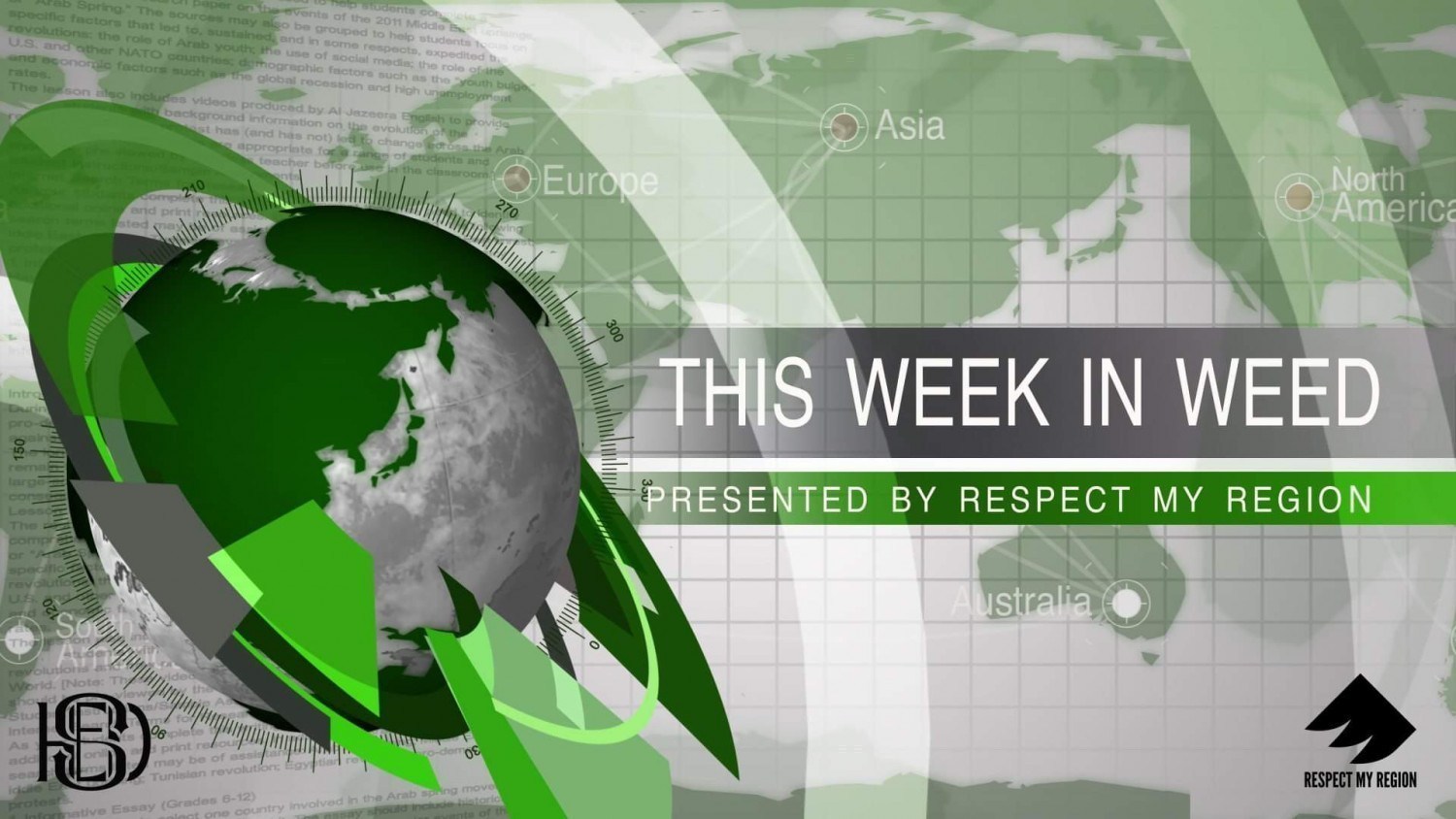This week, we cover a lawsuit against the DEA, access to federal aid for hemp farmers, racial disparity in cannabis arrests, and an extended deadline for Mexican lawmakers to submit cannabis legalization legislation.
DEA Scheduling Lawsuit Likely To Appear Before United States Supreme Court

The United States Supreme Court will preside over a lawsuit against the DEA surrounding its drug scheduling system. The plaintiffs filing the suit claim that the DEA’s drug scheduling system is unconstitutional.
They claim the scheduling system creates a burden on American patients, jeopardizing their health by blocking their access to cannabis. Their hope was to legally force the DEA to discontinue its prohibition of cannabis at a federal level.
The case was dismissed by a federal appeals court, who requested the plaintiffs take their issue directly to the DEA. The court also implored that the DEA provide a prompt response if such an action were to be taken.
However, the plaintiffs have no intention of directly addressing the DEA, believing that it would be a fruitless endeavor.
Instead, they hope to take their case before the United States Supreme Court, requesting an official verdict on the constitutional integrity of federal cannabis prohibition.
Hemp Farmers Receive Eligibility For Federal Coronavirus Relief In New Bill

After months of waiting, the hemp industry scored a significant win via a bill that received sufficient Senate votes. Now, with the bill in place, hemp farmers will be eligible to receive federal aid during the Coronavirus pandemic.
Historically, farmers have rarely been eligible for federal relief from the Small Business Administration. This is due to the existence of numerous farm-specific federal programs within the United States Department of Agriculture.
However, such programs focus on relief in the face of natural disasters, a designation not afforded to the Coronavirus pandemic. Now, with the bill poised to pass the House and receive the president’s signature, hemp farmers are closer to receiving aid.
ACLU Reports Continued Racial Discrimination In Cannabis Enforcement
On 4/20, the ACLU published a report outlining a continuing trend of racial discrimination relating to legal cannabis enforcement.
The report found that, despite increasing cannabis legalization in the US, people of color continue to face legal consequences for cannabis use at a far higher rate than that of white Americans.
This discrepancy exists despite the fact that people of color use cannabis at a similar rate to their peers. In fact, certain states arrest ten times more black citizens than white citizens for identical cannabis crimes.
Overall, the number of cannabis arrests since 2010 has dropped significantly on a national level. However, this disparity in arrests shows that legalization alone is unlikely to sufficiently resolve racial issues relating to cannabis enforcement.
Mexican Lawmakers Receive Extended Deadline To Submit Cannabis Legislation

The Mexican Supreme Court granted a second deadline extension for Mexican lawmakers to submit cannabis legalization legislation. Lawmakers received an initial deadline extension in 2019 after disagreements made it unlikely that the legislation would pass a vote.
Such legislation became necessary after the Mexican Supreme Court ruled that cannabis prohibition was unconstitutional in 2018. After the verdict, lawmakers were tasked with drafting national legislation that reflected the change.
The first deadline came in the wake of disagreement among lawmakers, the second is in response to the Coronavirus pandemic. Because social distancing is preventing legislative sessions, Mexican lawmakers now have until December 15 of this year to submit legislation.
State-Level Cannabis Decriminalization and Legalization Development

In past months, the spread of cannabis decriminalization and legalization progress throughout the United States has been at a fever pitch. This week, several states saw developments in cannabis legalization.
- In New Jersey, voters seem overwhelmingly likely to pass cannabis legislation in an upcoming November vote.
- Washington’s November ballot may include a measure to establish drug decriminalization and state-funded treatment programs.
- California lawmakers announced a $30 million grant program to encourage social equality within the cannabis industry.
- New York lawmakers believe that passing cannabis legislation in the midst of the Coronavirus pandemic will prove too complicated. However, Gov. Cuomo maintains that he would be in full support of such an endeavor.
- New Mexico Governor Michelle Grisham is unwilling to hold a legislative session to draft cannabis legislation during the Coronavirus pandemic.
- Oklahoma Governor Kevin Stitt claims that introducing recreational legalization would not increase tax revenue, claiming that citizens have enough access through the existing medical program.
Coronavirus Updates In The United States

As COVID-19 continues its spread throughout the US, we will provide you with updates to keep you up to speed. We will continue to include these updates at the end of This Week In Weed until further notice.
Confirmed COVID-19 CASES In United States (As Of March, 22): 987,322
Confirmed COVID-19 DEATHS In United States (As Of March, 22): 55,415
- A new US study suggests that Coronavirus’ mortality rate may be lower than initially predicted.
- New reports show that the earliest US Coronavirus cases may have been in California, weeks before the first reported case.
- US nurses have begun protesting over a lack of personal protective equipment Coronavirus tests.
- President Trump signed an order temporarily banning immigration to the US during the Coronavirus pandemic.
- Two New York cats became the first pets in America to test positive for Coronavirus.
- From late March to late April, the amount of Coronavirus deaths in the US increased tenfold.
- As protests against social distancing continue, several states have announced plans to loosen restrictions.
- Vice President Pence stated that the Coronavirus pandemic could come to a close by Memorial Day Weekend. No research to support such a claim exists.
- The World Health Organization announced that there is no evidence supporting the notion that recovered Coronavirus patients can’t get reinfected.
- New research suggests that Coronavirus may be causing strokes in younger, otherwise healthy individuals.
- The CDC released six new symptoms associated with Coronavirus. These symptoms include chills, shaking, muscle pain, headaches, sore throat, and a loss of smell and taste.
RAPPER WEED: WHICH RAPPERS HAVE CANNABIS PRODUCTS IN THE MARKET?
10 UNDERRATED FEMALE RAPPERS YOU SHOULD LISTEN TO RIGHT NOW
9 RAPPERS FROM DETROIT YOU NEED TO KNOW THIS YEAR








